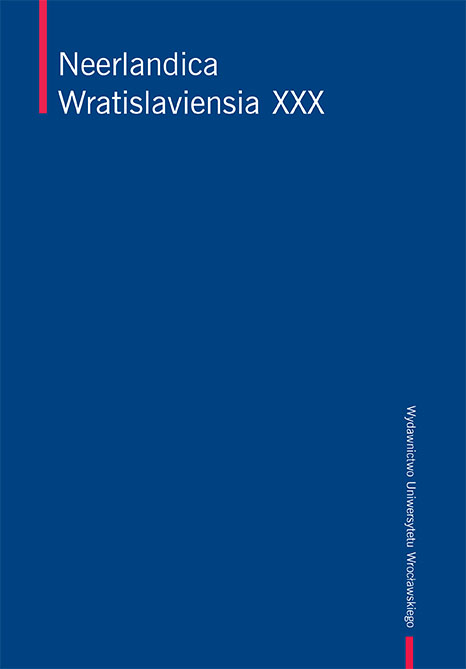

Literatuur & cultuur

This article presents two 17th-century poets, Joost van den Vondel and Jan Andrzej Morsztyn, against the backgrounds of the Dutch and the Polish Golden Age. They were ‘connected’ in their times: both through poetry and politics. Vondel’s Parnaes aen de Belt (1657) included a poem for Tobiasz, the brother of the Polish poet, in which he was praised as the “Getrouwste hofstijl der Sarmaeten” (Most fidel court pillar of the Sarmatians); and also Jan Andrzej received praise here. In his other poems, Vondel had written about the greatness of the Polish-Lithuanian Commonwealth, among other things about the city of Danzig (Polish: Gdańsk), which he, in his ode “Bestand tusschen Polen en Zweden. Aen Dantzik”; (Truce between Poland and Sweden. For Danzig”; 1635), called the “Parrel aen de Kroon van Polen” (Pearl at the Crown of Poland).
On the other hand, the Morsztyn brothers were interested in the developments of the Republic of the United Provinces. Like many other foreigners, they undertook a Peregrinatio Academica to Leiden where they could see the prosperity of the Republic at first hand, together with other Poles (including the poet-preacher Samuel Przypkowski, the poet-preacher Andrzej Węgierski or the later secretary of the Polish King Andrzej Rej). This Polish circle in the Republic is also shown here.
However, there is a double meaning to be discovered in the connection ‘Morsztyn-Vondel’: there was more politics in it than poetry. Morsztyn’s perspective was mainly directed to France (even against the Polish king) — and Vondel’s perspective not to Poland as a political power, but to the Dutch ‘Moedernegotie’ (Mother of all trades) in the Baltic Sea, between the Danish Sound and Danzig. This double meaning is also shown here.